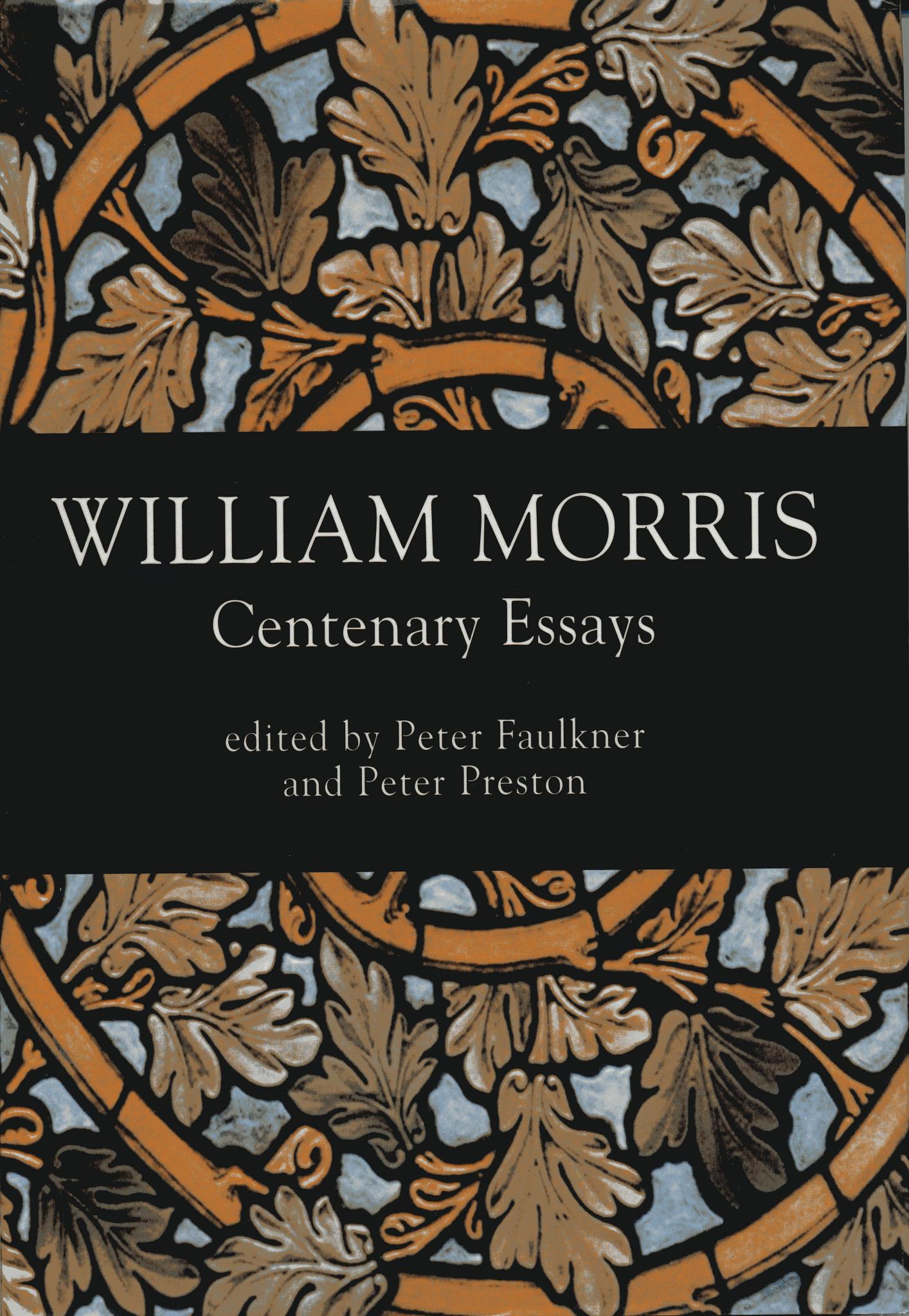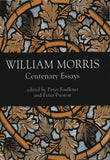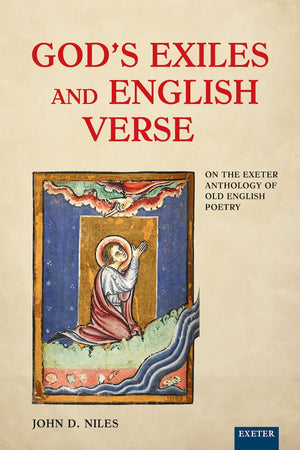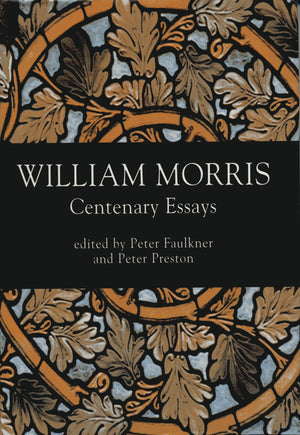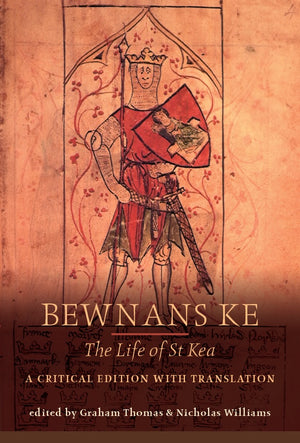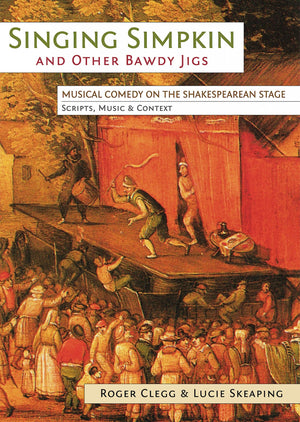University of Exeter Press
William Morris
Centenary Essays
Couldn't load pickup availability
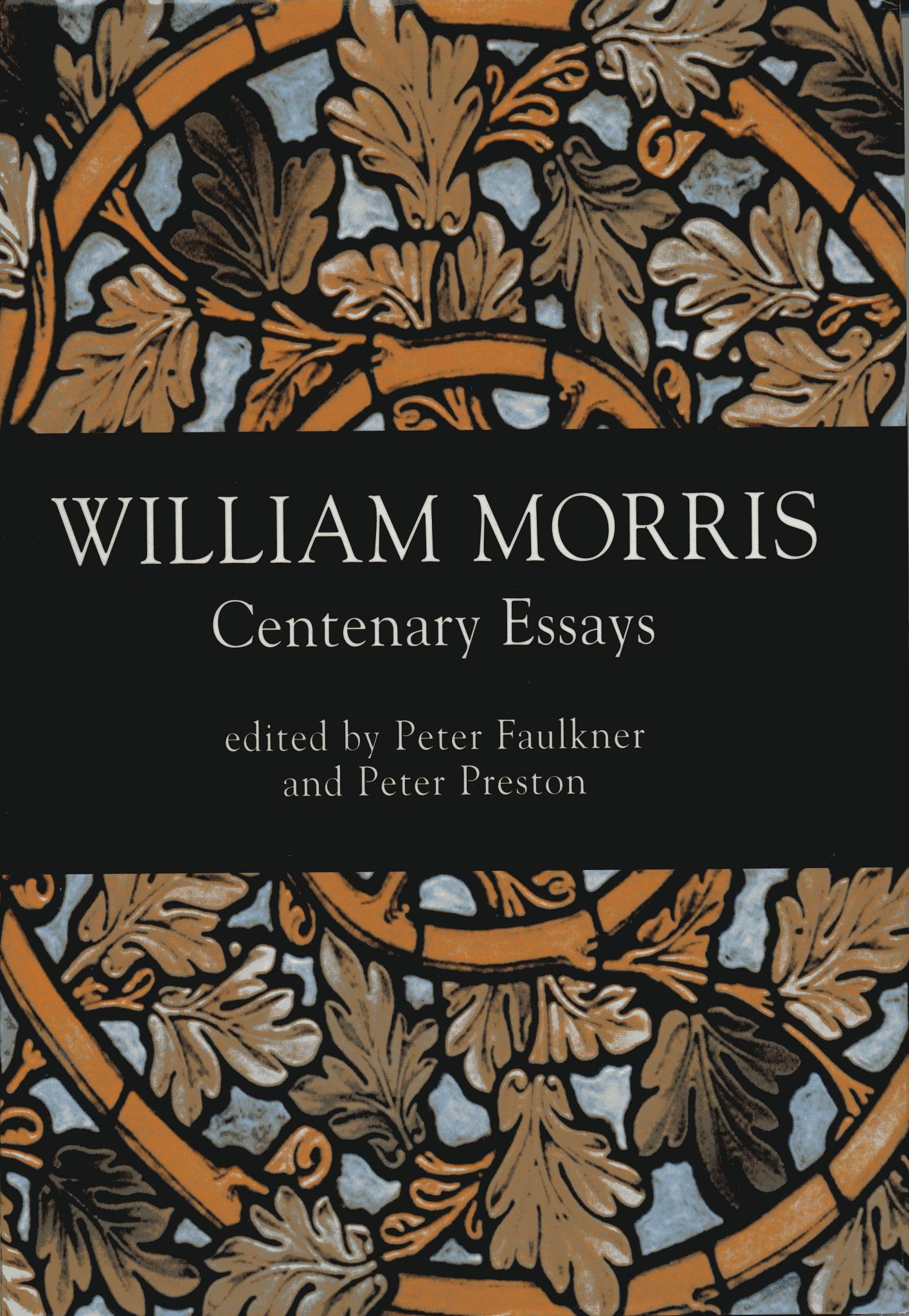
- 300 Pages
This well illustrated book celebrates every aspect of the wide-ranging achievements of William Morris - writer, designer, cultural critic, revolutionary socialist - with particular emphasis on their relevance to our own times. The book makes available up-to-date Morris scholarship in accessible form.
Written by a group of international scholars who took part in a conference marking the centenary of the death of Morris in 1896, the book has sections devoted to Morris and Literature (covering texts from The Earthly Paradise to the late romances); Morris, the Arts & Crafts and the New World (including discussions of his influence in Rhode Island, Boston, Ontario and New Zealand); and Morris, Gender and Politics (with fresh consideration of his relation to Victorian ideas of manliness and of the particular qualities of his anti-statist politics). The latter section also draws attention to a hitherto unknown play by Morris's daughter May and concludes with an account of his biographer, the late E.P. Thompson.
This well illustrated book celebrates every aspect of the wide-ranging achievements of William Morris - writer, designer, cultural critic, revolutionary socialist - with particular emphasis on their relevance to our own times. The book makes available up-to-date Morris scholarship in accessible form.
Contents: Introduction: Morris in 1996. Morris and the environment: an aesthetic ecocommunist - Morris and the Red and Morris and the Green. Morris and literature: shadow of turning in "The Earthly Paradise"; heroic poetry in an unheroic age - Morris's "Sigurd the Volsung"; the Troy connection - myth and history in "Sigurd the Volsung"; Beatrice and Ellen - ideal guides from hell to paradise; William Morris and the bear - theme, magic and totem in the romances; interiors and exteriors "News from Nowhere" and "The Spoils of Poynton". Morris, the arts and crafts and the New World: sacred and profane love - the Oxford Union murals; "The Beautiful Book that Was" - William Morris and the gift of "A Book of Verse"; William Morris in New England - architecture and design in late 19th-century Rhode Island; William Morris and 19th-century Boston; "Every artist would be a workman, and every workman an artist" - Morrisian and arts and crafts ideals at the Ontario Educational Association, 1900-1920; the dilemma of place - arts and crafts architecture in the Antipodes. Morris, gender and politics: William Morris and Victorian manliness; beyond the law of the "New Woman" in "News from Nowhere"; "Lady Griselda's Dream" May Morris's forgotten play; Morris, anti-statism and anarchy; E.P. Thompson and William Morris.







